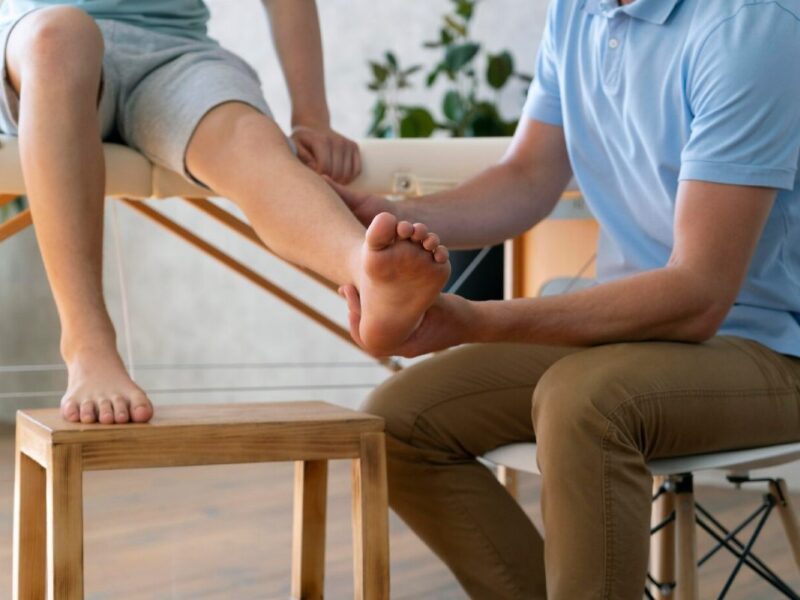One of the most common things I hear from patients is:
“Doc, why do I feel like a rusty door every morning?”
That “rustiness” is often early morning stiffness — your joints and muscles tighten up after hours of inactivity. For some, it eases after a few minutes; for others, it’s a sign that degenerative changes may be starting.
Why does it happen?
- Overnight, joint fluid circulation slows, making movement less smooth.
- Inflammatory processes (often subtle in early stages) can worsen stiffness.
- Weak muscles and tight ligaments don’t support the joint well.
Tips to prevent degenerative joint changes & keep stiffness away:
1️⃣ Move it or lose it
- Gentle stretches before bed and first thing in the morning.
- Low-impact exercises like swimming, cycling, and walking keep joints lubricated.
2️⃣ Build muscle, protect joints
- Strong muscles act like shock absorbers for your joints.
- Include resistance training at least twice a week.
3️⃣ Watch your weight
- Every extra kilo adds multiple kilos of load on your knees and spine.
- Even small weight loss can reduce stress on weight-bearing joints.
4️⃣ Eat for your joints
- Omega-3 rich foods (flaxseeds, walnuts, fish) reduce inflammation.
- Adequate protein for muscle repair.
- Calcium + Vitamin D for bone strength.
5️⃣ Boost natural collagen
- Collagen supports cartilage health and flexibility.
- Add bone broth, fish, eggs, and vitamin C-rich fruits (like oranges, berries, kiwi) to your diet to support collagen production naturally.
6️⃣ Posture matters
- Avoid slouching at your desk.
- Use supportive chairs and sleep on a good mattress.
7️⃣ Hydrate well
- Joint cartilage is mostly water – dehydration makes it less springy.
Don’t wait for pain to be your wake-up call. Small daily habits today can mean pain-free mornings tomorrow.
If you’re already waking up stiff, it’s time to move, strengthen, nourish, and protect — your joints will thank you.





